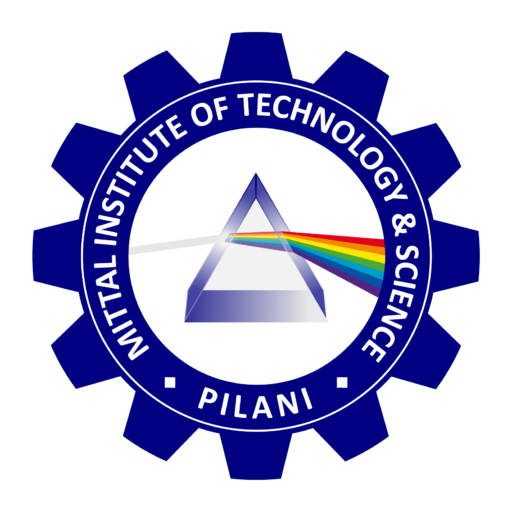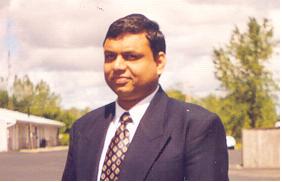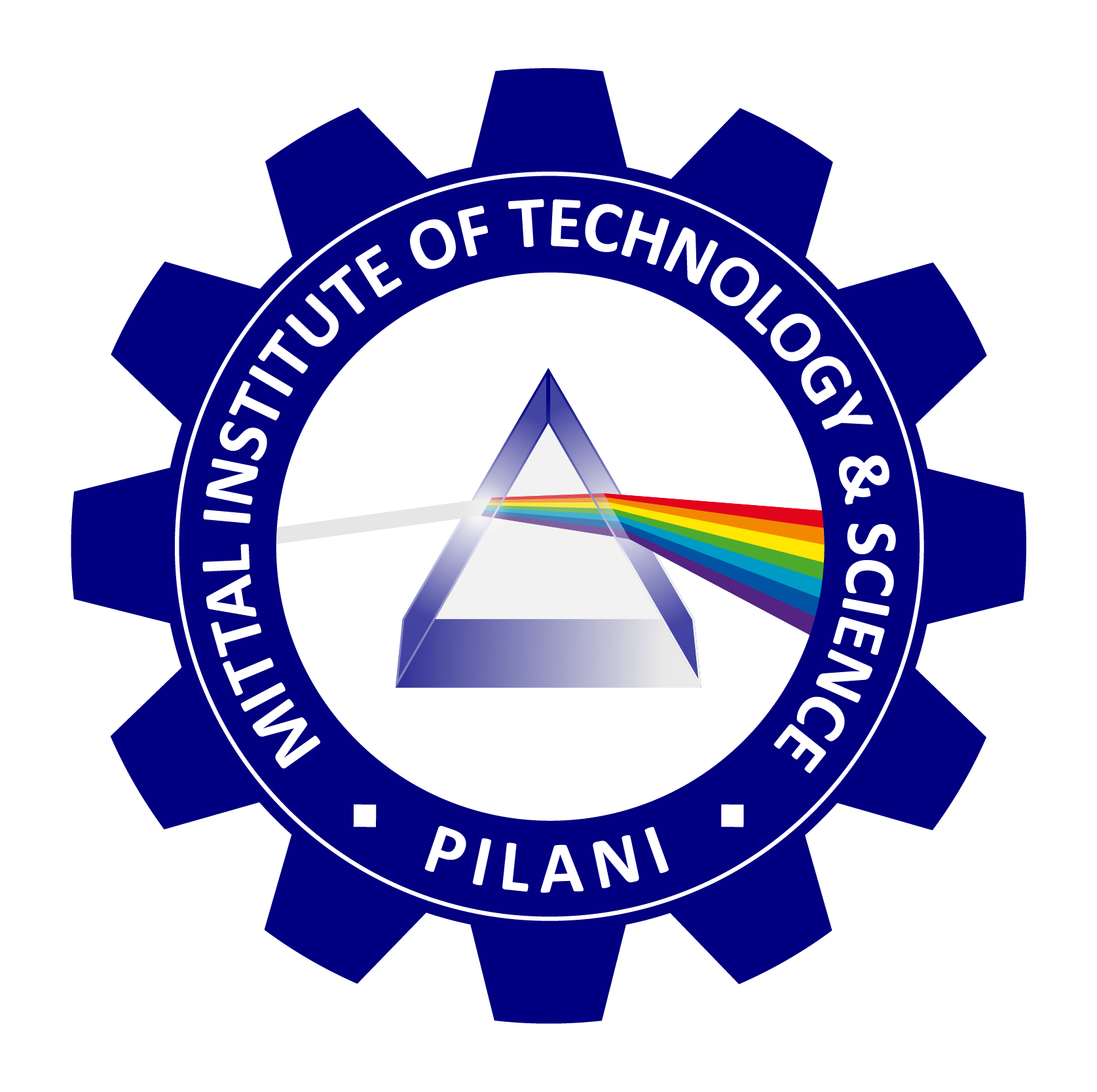
MITTAL INSTITUTE OF TECHNOLOGY & SCIENCE, PILANI
MuleSoft Integration Engineer: Bridging Systems with Seamless Connectivity
In today’s digital landscape, enterprises rely on a wide variety of applications, services, and data sources to operate efficiently. Integrating these disparate systems into a unified, coherent infrastructure is critical for driving innovation and achieving operational agility. This is where the role of a MuleSoft Integration Engineer becomes invaluable. These professionals are responsible for designing, developing, and maintaining integration solutions using the MuleSoft Anypoint Platform, a leading integration platform for APIs, data, and applications.
Understanding MuleSoft and Its Ecosystem
MuleSoft, a Salesforce company, offers the Anypoint Platform, which allows organizations to connect applications, data, and devices across cloud and on-premises environments. It provides tools for designing APIs, managing integrations, monitoring performance, and ensuring security. The platform supports API-led connectivity—a methodology that enables the creation of reusable APIs as building blocks for integrating systems faster and more efficiently.
Role and Responsibilities of a MuleSoft Integration Engineer
A MuleSoft Integration Engineer plays a crucial role in enterprise digital transformation. Their core responsibilities include:
- API Design and Development: Creating RESTful and SOAP-based APIs using the Anypoint Platform’s API Designer and RAML (RESTful API Modeling Language).
- Integration Solutions: Building integration workflows that connect various systems such as ERP, CRM, databases, and cloud services.
- Data Transformation: Implementing data mappings and transformations using DataWeave, MuleSoft’s powerful data language.
- Deployment and Management: Deploying APIs and integrations in cloud (e.g., CloudHub) or on-premises environments and managing their lifecycle.
- Security and Governance: Ensuring security best practices, such as OAuth 2.0, TLS encryption, and API access control policies.
- Monitoring and Troubleshooting: Using Anypoint Monitoring and other tools to track system performance, identify bottlenecks, and resolve integration issues.
- Collaboration: Working with cross-functional teams, including architects, developers, and business analysts, to gather requirements and deliver scalable integration solutions.
Required Skills and Qualifications
To succeed as a MuleSoft Integration Engineer, one needs a mix of technical and soft skills:
- Proficiency in MuleSoft Anypoint Platform
- Experience with API design standards and microservices architecture
- Knowledge of integration patterns and enterprise messaging systems
- Expertise in Java (since Mule applications run on Java)
- Understanding of database systems (SQL, NoSQL)
- Familiarity with DevOps tools like Jenkins, Git, Maven, and CI/CD pipelines
- Strong problem-solving and communication skills
Certifications such as MuleSoft Certified Developer – Level 1 (Mule 4) are highly valued in the industry and demonstrate a professional’s expertise in using the platform.
The Importance of MuleSoft Integration Engineers in Modern Enterprises
As businesses increasingly adopt cloud-first and digital-first strategies, the need for integration has skyrocketed. MuleSoft Integration Engineers enable organizations to:
- Accelerate time-to-market for new digital services.
- Reduce IT complexity by creating modular, reusable APIs.
- Enhance customer experience through seamless data flow across touchpoints.
- Ensure compliance and security across data exchanges.
They empower enterprises to break down data silos, improve agility, and foster innovation—ultimately becoming enablers of digital success.
The MuleSoft Integration Engineer is a critical figure in the modern IT landscape. Their expertise in building robust, scalable, and secure integration solutions helps businesses unlock the full value of their data and applications. With the rise of API economy and digital transformation initiatives, the demand for skilled MuleSoft professionals continues to grow, making it a rewarding and future-proof career path.

Professor Rakesh Mittal
Computer Science
Director
Mittal Institute of Technology & Science, Pilani, India and Clearwater, Florida, USA
